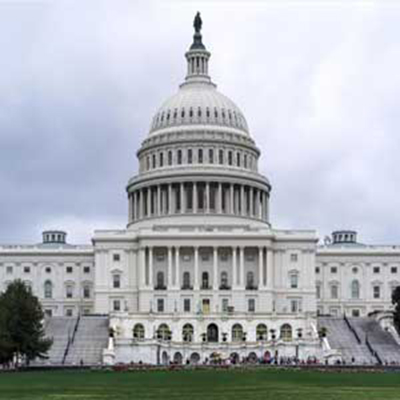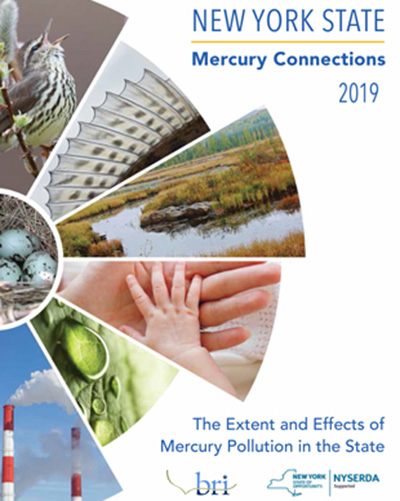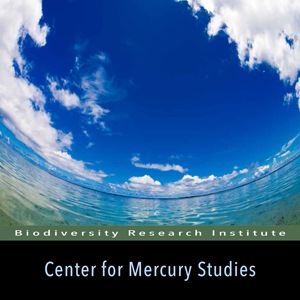BRI is a leader in research designed to understand the risks of exposure to and the effects of mercury in ecosystems. Since its inception, BRI has focused on providing accurate and neutral science to help inform the development and implementation of policies related to reducing mercury exposure to humans and the environment.
In 2011, we created the Center for Mercury Studies to consolidate science and policy-related projects led by BRI scientists worldwide. One important focus of these projects is to provide information to a wide range of audiences effectively. Results from our Center for Mercury Studies projects are published in peer-reviewed literature and also translated into communications booklets that summarize findings, making our research available to fellow scientists, stakeholders, regulators, and decision makers alike.
Recognizing the Connections

The threat chemical pollution poses to biodiversity on a global scale has been acknowledged in the Convention on Biological Diversity’s post-2020 Global Biodiversity Framework. Emissions and releases of mercury into the environment are connected to elevated body burdens in biota. Certain species within particularly sensitive ecosystems are subject to adverse impacts to their reproductive success and survival, therefore potentially causing great harm to biological diversity. Learn More.
Mercury Air Transport and Fate Research Partnership Group

As co-lead of UN Environment’s Mercury Air Transport and Fate Research Partnership, BRI is assisting in the process of developing a global mercury monitoring system and has provided technical expertise on multiple Articles within the Minamata Convention, as well as contributed to the preparation of the Global Mercury Assessment 2013. Learn more about the Mercury Air Transport and Fate Research Partnership and its projects through the link above, or download the Partnership Area Profile.
Mercury Legislation in the United States

BRI is dedicated to providing sound scientific information to policymakers, helping to inform critical decisions regarding environmental health and integrity.
- Comments on IRIS Assessment Plan for Methylmercury (Scoping and Problem Formulation Materials)[EPA/635/R18/292] (April 2019)
- Comments on National Emission Standards for Hazardous Air Pollutants: Coal-Oil-Fired Electric Utility Steam Generating Units—Reconsideration of Supplemental Finding and Residual Risk and Technology Review, 84 FED. REG. 2670 (February 2019)
- Mercury Matters 2018: A Science Brief (December 2018)
- Comprehensive National Mercury Monitoring Act Press Release (August 2018)
BRI Scientific Reports

As BRI works with various clients on projects to examine mercury in specific ecosystems, we generate reports detailing our work and findings. To obtain a specific report, or details on our work, please contact BRI directly or use our Multimedia Library.
Photo Credits: Header photo © BRI-Jonathan Fiely; UN Flags © Philip Lange; US Capitol Building © Chance Agrella



